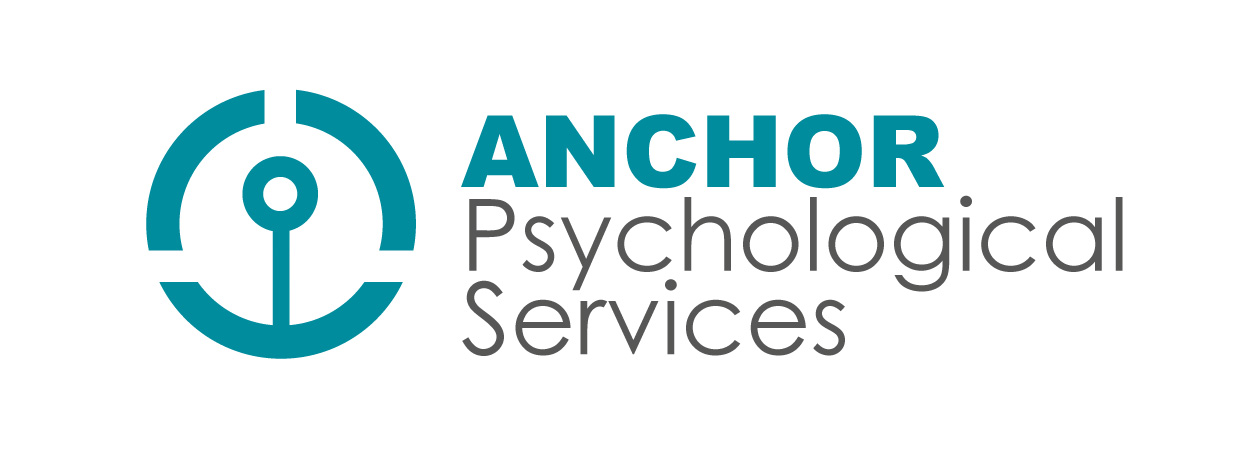Emotion-Focused Family Therapy and Emotion Coaching:
Emotion-Focused Family Therapy (EFFT) is a treatment model first developed for individuals struggling with an eating disorder and their families. It has since been adapted for a variety of mental health issues such as anxiety, depression and adjustment disorders, as well as parent-child relationship difficulties.
Principles Underlying EFFT and Emotion Coaching:
Emotion-Focused Family Therapy and Emotion Coaching are based on the principle that the avoidance of and the inability to regulate and cope with emotions are common to a number of mental health issues. An individual’s temperament may make emotions painful and difficult to tolerate, and this combined with life events, can result in a reliance on strategies that focus on avoiding difficult emotions such as shame, anger, sadness and fear. When emotions are not acknowledged, felt, and processed individuals often need to engage in maladaptive coping and often develop depressed mood and anxiety.
Family Approach to EFFT and Emotion Coaching
The foundation of this new treatment is to acknowledge the significant role that families have in helping their loved ones overcome life challenges or mental health issues. Within this approach parents are taught to assist their child (regardless of age) to (1) interrupt their symptoms/maladaptive behavior, (2) support their child to support process and manage emotions, and (3) work through and resolve fears and obstacles that surface in process of treatment. Parents can participate in this treatment even when their children are unable/unwilling to attend treatment.
Individual Approach to EFFT and Emotion Coaching
Within this approach, individuals are taught to interrupt their symptoms/maladaptive behavior, to learn to process and regulate their emotions, and to work through and resolve fears and blocks as they surface in the process of treatment. Individual work utilizes emotion-focused therapy principles and tasks to support the treatment work.
Family Approach
The essence of this new treatment is to afford families a significant role in their loved one’s recovery from mental health issues, and to empower parents with specific skills to be effective in this role. The premise for it is based in a deep belief in the healing power of families. The therapist’s role would then be to educate and support the parents in mastering the skills, tasks, and, yes, the feelings involved in three main domains:
1) Becoming their child’s recovery coach, that is, assisting their child (regardless of age) in the interruption of symptoms and maladaptive behaviours;
2) Becoming their child’s emotion coach, that is supporting their child to approach, process and manage emotions, making symptoms unnecessary to cope with emotional pain; and
3) Working through and resolving the fears and obstacles that surface in this challenging and novel journey. This last step is necessary when these fears and obstacles interfere with the parent’s ability to be effective in this new role.
Parents can learn these skills and take on these roles regardless of their child’s involvement in formal treatment.
